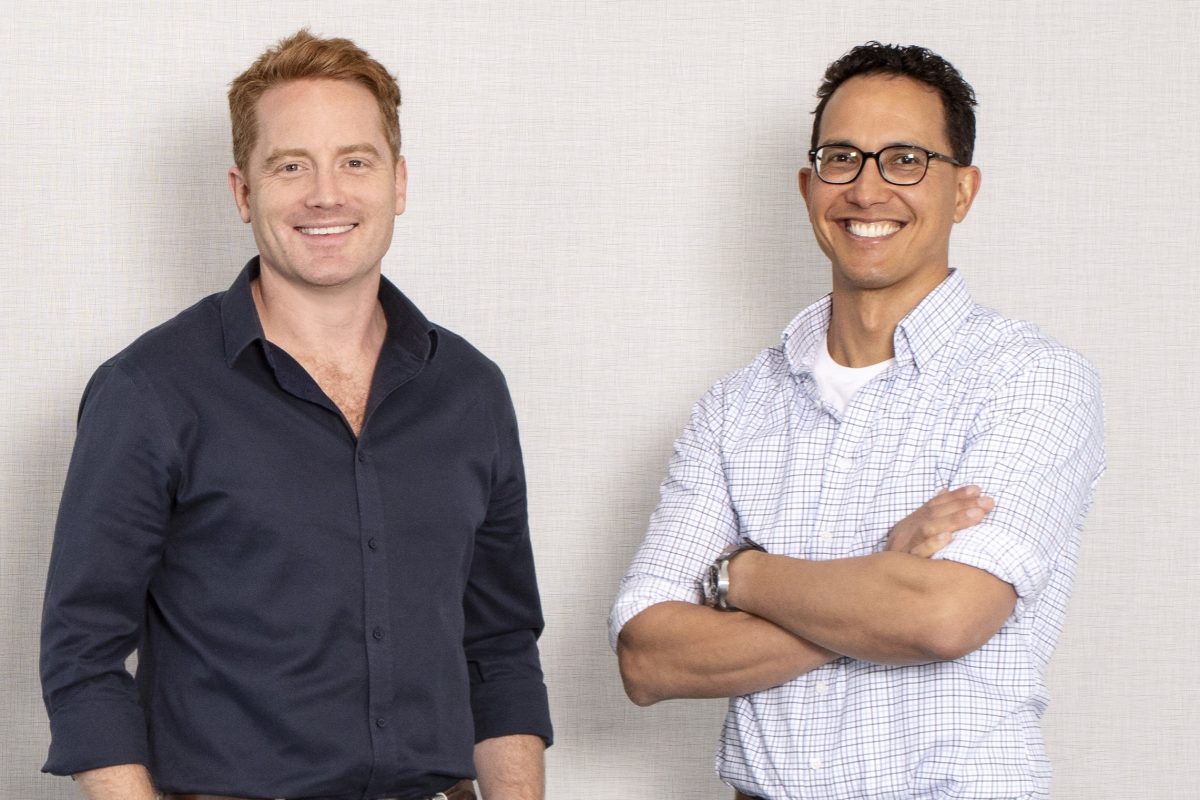Meet our hand surgeons

The Hand Surgery Specialty
Hand surgeons diagnose and treat conditions involving the hand, wrist and forearm with the aim to restore function and form.
In Australia, hand surgery started to gain recognition as a specialty in the 1950's and has been evolving since. In 1972, the national hand surgery society was formed, which is now the Australian Hand Surgery Society (AHSS).
A hand surgeon is a general, orthopaedic or plastic surgeon with a special interest and additional training in surgery of the forearm, wrist and hand. After specialist surgery training and registration as a general, orthopaedic or plastic surgeon, it takes additional, dedicated hand surgery training to meet the standard of expertise set by the Australian Hand Surgery Society (AHSS).
Dr Paul van Minnen and Dr Nicholas Smith are Plastic & Reconstructive Surgeons with additional, dedicated, AHSS-endorsed training and multiple years of hand surgery experience. You can be sure you are in experienced hands.

Expert hand surgery care
Our practice is fully dedicated to surgery of the hand, wrist and forearm for patients of all ages.
Our surgeons are fellowship trained, AHSS recognised hand surgeons. This guarantees you will receive care of the highest standards, endorsed by national and international medical and surgical societies.
We specialise in the care of:
- all hand trauma
- congenital hand conditions
- degenerative conditions (e.g. osteoarthritis)
- inflammatory arthropathies (e.g. rheumatoid arthritis)
- nerve compression syndromes (e.g. carpal tunnel syndrome)
- Dupuytren's disease
- tendonitis (e.g. trigger finger, De Quervain's tenosynovitis)
- hand fractures
- tendon injuries
- nerve injuries
- (microvascular) soft tissue reconstruction
- revision hand surgery
Consulting our hand surgery experts
You will require a referral to consult one of our hand surgeons.
During your first visit, the hand surgeon will take your history and will examine your hands / wrists / (fore)arms as required.
Additional studies may be needed to assist in establishing a diagnosis (for example: X-rays, CT / MRI / ultrasound scans, nerve conduction studies).
Treatment options will be discussed. Typically, all non-surgical treatment options will be considered first. These could include:
- hand therapy
- splinting
- medication / food supplements
- (ultrasound guided) cortisone injections
GRIP Surgery has on-site hand therapy available. Most of the time, you can be seen by one of our expert hand therapists during your visit. This saves waiting and travel time to separate appointments.
